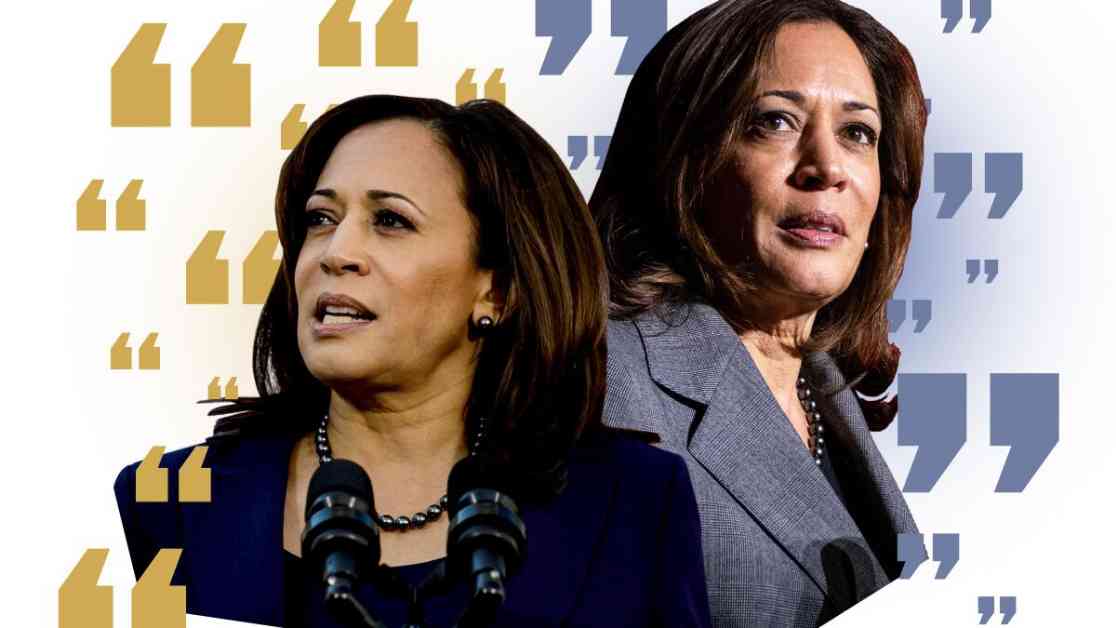Vice President Kamala Harris has faced criticism for the evolution of her stances on key issues, including fracking, border security, healthcare, defunding the police, and mandatory gun buybacks. These changes have raised questions about her convictions and where she stands on the ideological spectrum. Let’s take a closer look at these shifts and their political implications.
Fracking has been a contentious issue, with environmental concerns pitted against economic benefits. Harris initially supported a ban on fracking during her 2019 presidential campaign but has since clarified that she does not plan to ban it. This shift may reflect her efforts to appeal to moderate voters, especially in swing states like Pennsylvania, where fracking is a common practice.
On border security, Harris has shifted her rhetoric from supporting decriminalization to emphasizing consequences for illegal border crossings. This change aligns with her focus on implementing tougher border control measures, a move that may appeal to voters concerned about immigration and national security.
Harris’ stance on healthcare has also evolved, from supporting Medicare for All to working on expanding the Affordable Care Act with President Biden. This shift reflects a broader shift in the Democratic Party away from Medicare for All towards more incremental reforms that build on existing healthcare programs.
The issue of defunding the police has been a polarizing one, with Harris initially expressing sympathy for the movement before clarifying that she does not support cutting police funds. This shift may reflect concerns about public safety and law enforcement, especially in light of recent crime trends.
Finally, Harris’ position on mandatory gun buybacks has also changed, from supporting a mandatory program to remove assault weapons from circulation to emphasizing that she is a gun owner who does not plan to take away anyone’s guns. This shift may reflect a balancing act between advocating for stricter gun laws and respecting the rights of gun owners.
Overall, Harris’ evolving stances on these key issues highlight the challenges of navigating a complex political landscape and appealing to a diverse electorate. By understanding the reasons behind these shifts and their political implications, voters can make informed decisions about where Harris stands on these critical issues.



























